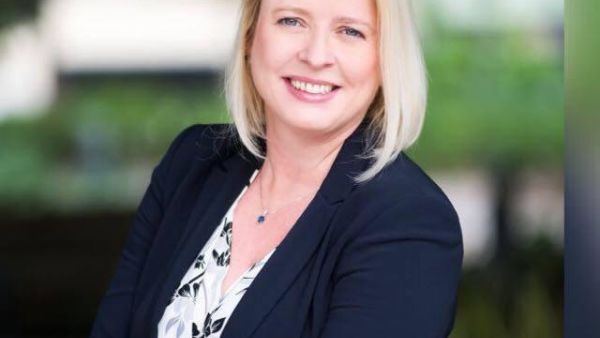AXA Gulf Appoints Sonja Louise de Pattenden as Regional Employee Benefits Business Development Director

AXA Gulf, one of the largest international insurers in the GCC is reinforcing its strategy in the region, and has announced the appointment of Sonja Louise de Pattenden as Regional Employee Benefits Business Development Director.
Sonja will be responsible for the growth of employee benefits on the corporate front, predominantly through intermediaries across the region. In addition, she will support the Chief Employee Benefits Officer in establishing a business development strategy that aligns with AXA Gulf’s wider objectives.
Commenting on the new appointment, Laura Gerstein, Chief Employee Benefits Officer at AXA Gulf, said; “Sonja enjoys an extensive knowledge of the region and this, coupled with her strong business development capabilities, makes her the ideal candidate to take our Employee Benefits operations in the GCC forward. A well-recognised figure in the industry, Sonja is resiliently driven by a results-oriented approach and we are confident she and her team will help reinforce our strategy in the region.”
Previously, Sonja held the position of General Manager, Middle East and Africa at Now Health International and was part of the senior management team that set the company up from inception in 2011. Prior to Now Health, she held the position of Head of Business Development for the Middle East and Africa for Aetna. Sonja has 30 years’ experience, with more than 20 years here, in the Middle East, in management and business development within the employee benefits insurance industry. She is currently a very well-recognised and self-motivated figure in the industry.
Background Information
AXA Gulf
VAT or Value Added Tax is a form of consumption tax that is imposed on a transnational level. The GCC has agreed to apply a uniform standard rate of 5%. This standard rate will apply to almost all domestic transactions. UAE and KSA will implement VAT on 1 January 2018, and the other GCC countries are expected to implement in the following 12 months.
In limited instances VAT can also apply at 0% (zero-rate), or transactions can be exempt from VAT, or out of scope.
How it works is that taxable businesses are generally able to recover the VAT they incur on their purchases and expenses.
However, as individuals, we are the final point of the supply chain and therefore, will bear the cost as we are not able to recover the VAT.






